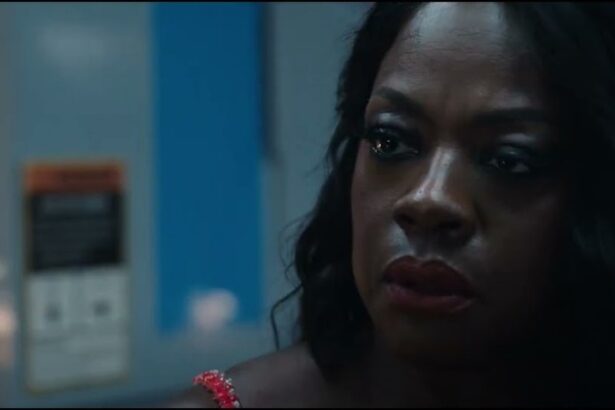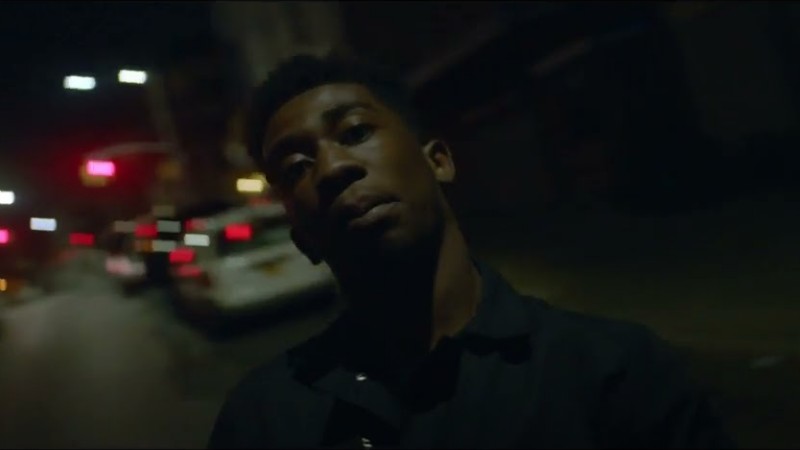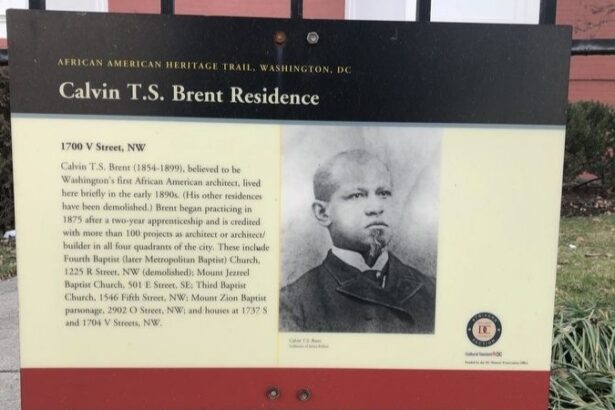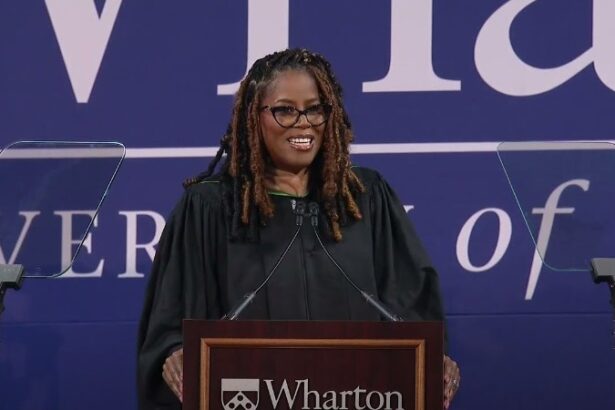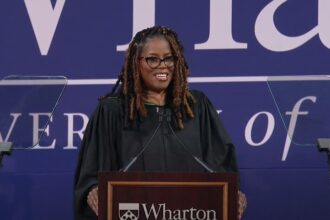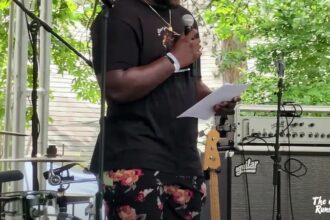Hip-hop has always been more than music. For generations, it’s been a megaphone for the unheard—calling out injustice, naming the pain of neglected communities, and pushing for change. In the words of Public Enemy’s Chuck D, it was the Black CNN. And while some say its political edge has dulled, today’s artists are proving that hip-hop is still fighting—just with new tools.
From the raw honesty of The Message in the ’80s to Rapsody’s fiery 12 Problems, hip-hop hasn’t stopped telling hard truths. Tupac’s Brenda’s Got a Baby forced listeners to confront issues like sexual violence and poverty. The culture has evolved, but its role in spotlighting injustice remains strong.
What’s changed is how the message travels. Artists like Jamel Mims—aka MC Tingbudong—use bilingual lyrics and digital platforms to bridge cultures and connect struggles from D.C. to Beijing. Hip-hop today is global, and it’s carried by technology—from bootleg CDs to viral TikToks.
Digital resistance and access
At the same time, the internet brings a new fight. Artists like Queen D. Scott are calling out how platforms profit from Black culture without crediting its creators. And activist groups like the LAPD Spying Coalition are using social media not for fame, but to push back against surveillance and inequality.
The next frontier is immersive tech—AR, VR, and beyond. Some artists are already using it to build worlds that inspire real action. But the challenge now is access: Who gets to create? Who gets heard?
One thing’s clear: hip-hop still matters. It’s still pushing people to think, speak out, and act. And as long as there’s injustice, artists will keep turning beats into battlegrounds—and lyrics into lifelines.
Key Takeaways
Hip-hop remains a potent force for social commentary and activism, continually evolving by embracing modern digital platforms and state-of-the-art technologies.
- Impact: Hip-hop is still a vital tool for tackling social injustices and giving a platform to marginalized voices, even as the way it’s delivered changes.
- Action: Musicians and activists can tap into digital platforms and emerging technologies to broadcast their messages and confront systemic inequalities head-on.
- Empowerment: By getting involved with and shaping these new technologies, hip-hop creators are expanding their influence and ensuring their voices are heard around the globe.

